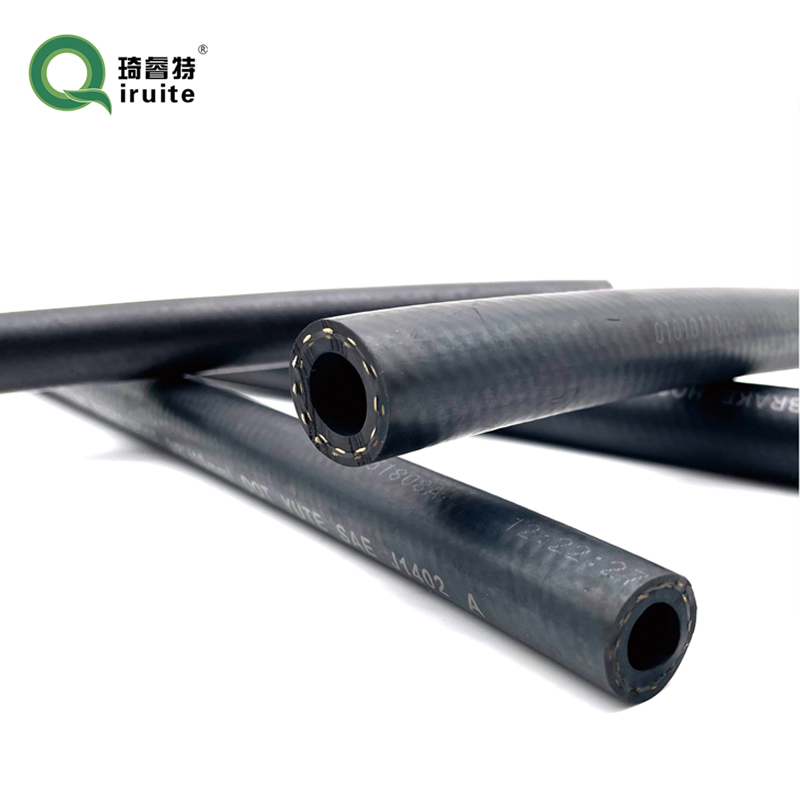sae j2064
Understanding SAE J2064 A Key Standard for Automotive Refrigerant Hoses
The automotive industry has seen significant advancements in technology and environmental standards over the past few decades. One crucial area of focus is the handling and containment of refrigerants used in vehicle air conditioning systems. The SAE J2064 standard plays a pivotal role in ensuring the safety, reliability, and efficiency of refrigerant hoses in automotive applications.
SAE J2064 is a standard developed by the Society of Automotive Engineers (SAE) that specifies the requirements for automobile refrigerant hoses, including tests for performance, durability, compatibility with refrigerants, and leakage prevention. With the introduction of new refrigerants, particularly those with lower environmental impact, it has become increasingly vital to have standardized guidelines that ensure the materials used in these hoses can withstand the changing demands of the industry.
The Importance of Refrigerant Hoses
Refrigerant hoses are critical components of an automotive air conditioning system. They transport refrigerant between the compressor, condenser, evaporator, and various components of the system. The integrity of these hoses is paramount; a failure in any part can lead to refrigerant leaks, reduced system efficiency, and potential environmental harm.
SAE J2064 addresses several factors related to the construction and testing of these hoses. It outlines suitable materials, design considerations, and testing protocols to ensure that these hoses can effectively contain refrigerants under various operating conditions. The standard emphasizes the importance of resistance to temperature fluctuations, pressure variations, and mechanical stress – all of which are common in automotive applications.
Understanding SAE J2064 A Key Standard for Automotive Refrigerant Hoses
One of the fundamental aspects of SAE J2064 is its defined testing procedures. These tests assess hose performance in real-world conditions, including resistance to internal pressure, flexibility at low temperatures, and resistance to aging. The tests are designed to simulate the harsh environments and stresses that automotive refrigerant hoses endure over their lifecycle.
sae j2064

For instance, hoses must undergo the puncture and crush resistance tests to ensure they can withstand physical damage that may occur in the automotive environment. Additionally, the standard requires that hoses be tested for permeation – the gradual release of refrigerant gases through the hose material – as this can lead to significant environmental impacts.
The material performance requirements include resistance to various types of refrigerants, lubricants, and other substances they may encounter in use. This is vital as the automotive industry shifts towards more environmentally friendly refrigerants, such as R-1234yf, which have different chemical properties compared to traditional refrigerants like R-134a.
Environmental Considerations
The implementation of SAE J2064 directly contributes to environmental sustainability in the automotive sector. The standard encourages manufacturers to utilize materials and designs that prevent leaks and minimize refrigerant loss, which is critical as some refrigerants are potent greenhouse gases. Effective compliance with these regulations means that the overall environmental impact of automotive air conditioning systems can be significantly lowered.
Industry Adoption and Future Trends
As the automotive industry continues to evolve, the importance of standards like SAE J2064 will only increase. The shift towards electric vehicles (EVs) and alternative refrigerants highlights the need for ongoing improvements in hose technology. Manufacturers must stay ahead of regulatory changes and market demands to ensure their products remain safe, efficient, and environmentally friendly.
In conclusion, SAE J2064 is an essential standard that governs the performance and safety of automotive refrigerant hoses. By adhering to these rigorous requirements, manufacturers can ensure that their products not only meet the operational demands of modern vehicles but also support the broader goals of environmental sustainability. As the industry progresses, ongoing collaboration among stakeholders will be necessary to adapt to new challenges and maintain the integrity of automotive air conditioning systems globally.
-
Ultimate Spiral Protection for Hoses & CablesNewsJun.26,2025
-
The Ultimate Quick-Connect Solutions for Every NeedNewsJun.26,2025
-
SAE J1401 Brake Hose: Reliable Choice for Safe BrakingNewsJun.26,2025
-
Reliable J2064 A/C Hoses for Real-World Cooling NeedsNewsJun.26,2025
-
Heavy-Duty Sewer Jetting Hoses Built to LastNewsJun.26,2025
-
Fix Power Steering Tube Leaks Fast – Durable & Affordable SolutionNewsJun.26,2025

